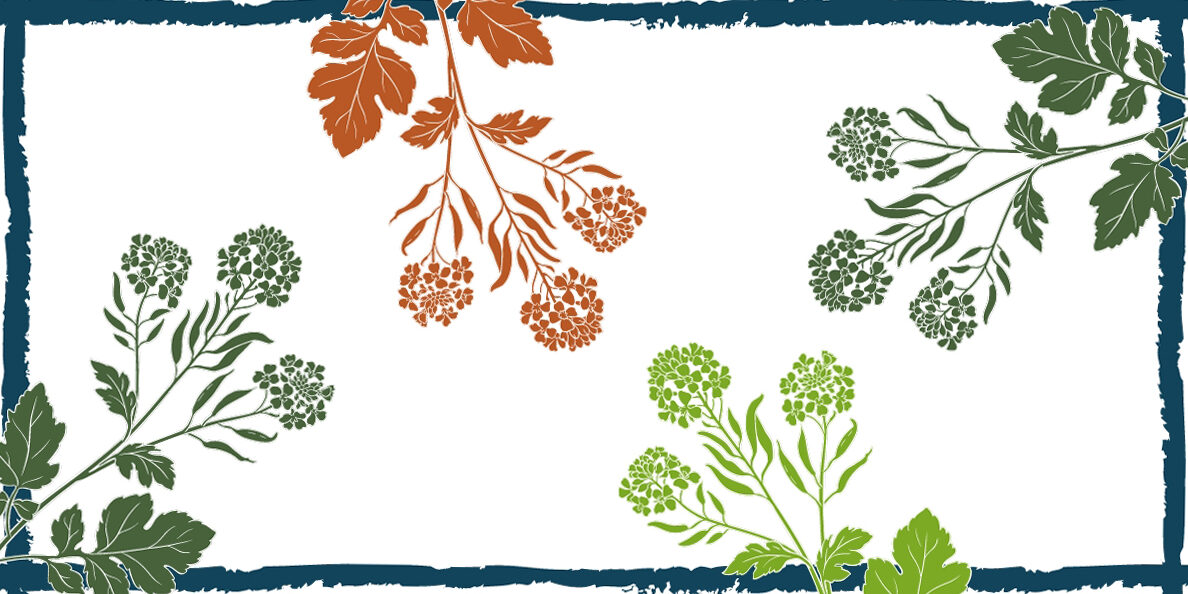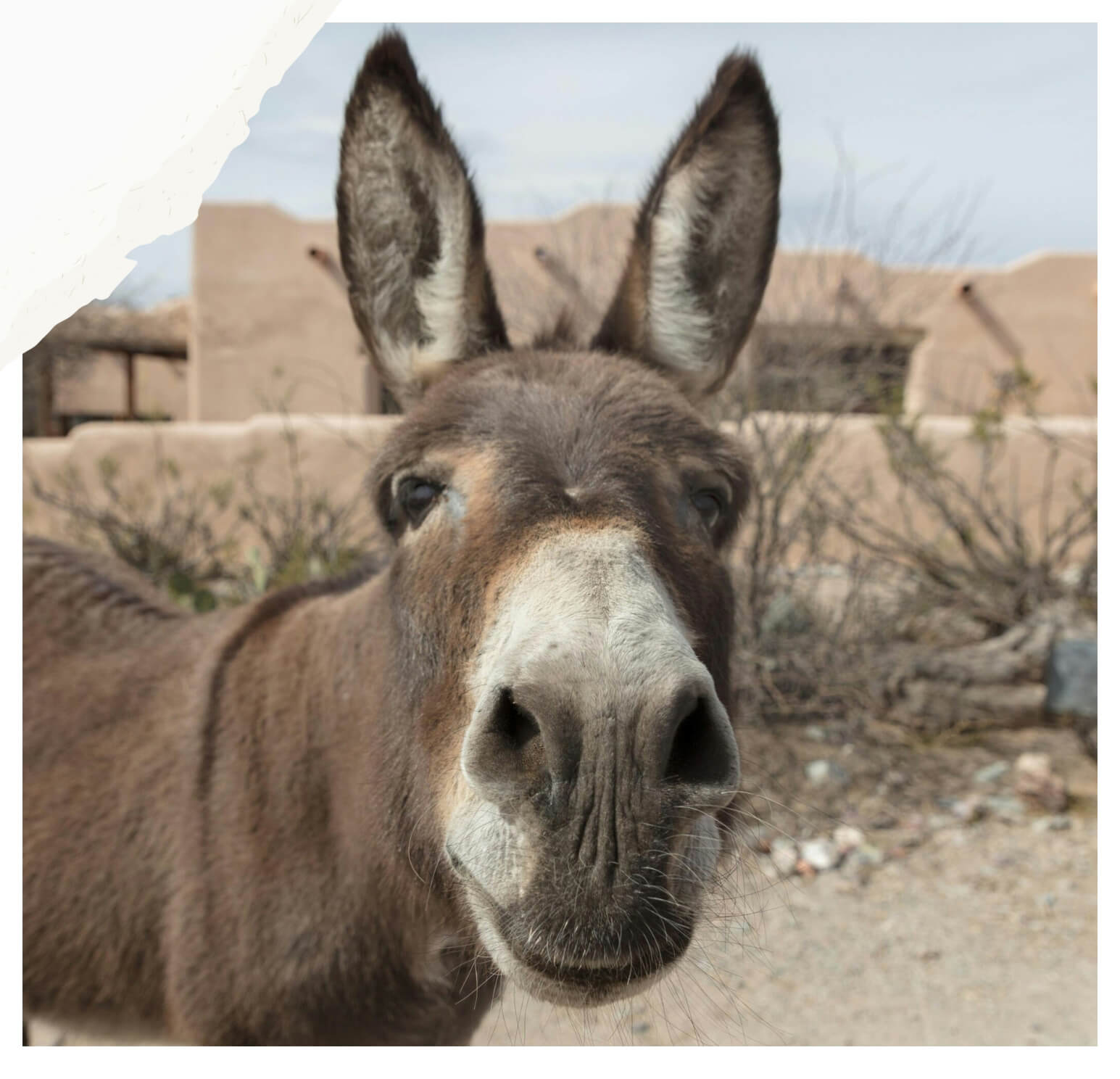Christ
A Red Pencil Trail
My arsenal was my Bible and a red pencil. I didn’t think about how long it would take or the rationality of my approach. I wanted to know: what does it mean to love God with all my heart, soul, mind and strength? If this is the greatest commandment, which it is clearly stated to…
Shoveling Rain
The storm started as rain. Cold and pelting. Then sluicing. Then softer. The quality of the sound changed, the texture of the rain changed, and I knew it was time for action. By the time I bundled into winter gear and opened the door, giant white flakes were soaking into the wetness. Slush coated every…
Undebatable
I love to participate in a good debate. When I’m in the right mood, the topic doesn’t even matter. Like the other day when I somehow ended up in a heated discussion over Spam and the definition of the word tangent. I launched into an elaborate discourse that wove intricate circles through miles of linguistic…
Think Light
I was reminded the other morning of a time when I was little and hiking through a meadow of snow with my mother. The snow was deep – at least a couple feet – but had formed a top crust hard enough to sometimes stay afloat. Especially for someone as little and quick as me.…
Ashes
Last night I went to church and had ashes painted on my hand. It’s tradition in some churches on Ash Wednesday to have ashes placed on the forehead or back of the hand. It’s a sign of repentance hearkening back to the sackcloth and ashes described in the Old Testament. And it’s a symbolic start…
What Others See in You
This blog was originally posted a few weeks ago on Inspire a Fire. See the original at www.inspireafire.com/others-see/. Sometimes friends teach me things about myself I never knew. Like apparently I talk with my hands way more than I realized. And I eat watermelon five times faster than any other food. (Keep this in mind…
Whipping up Conflict
Below is an excerpt from my latest Inspire a Fire post: “If anyone ever asks you, ‘What would Jesus do?’ Remind them that flipping over tables and chasing people with a whip is within the realm of possibilities.” I stumbled across this quote online, along with a picture of Jesus driving vendors from the temple.…
Debt Free
I recently paid off my student loans. With submission of that last payment, I was – for the first time in (too many) years – debt free. You might think this would result in feelings of relief, elation, excitement, happiness… You’d be wrong. Instead I was plagued by sporadic moments of irrational panic. The moments were…
Today’s Question
“If Jesus had come to earth with the mission not of going to the cross, but to do your job, how would He do it?” It was a question posed at a recent luncheon I attended, and the ensuing conversation was thought provoking. What would Jesus do a little differently? A little better? Sometimes we forget that…

Search the Blog
Categories
Join the email list to receive the latest post and occasional exclusives

Meet Janet!
Janet Beagle, PhD is the founder of The Mustard Patch. She divides her time between the Midwest and New England, and if she’s not writing, she’s probably out hiking with her 2-and 4-footed friends.











